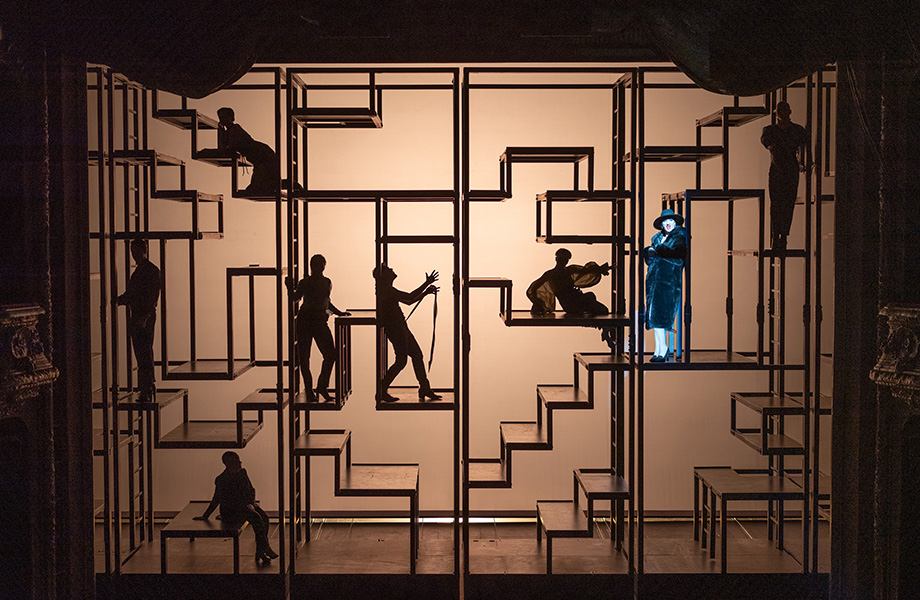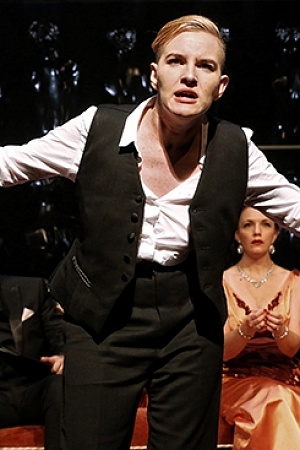The Threepenny Opera

The enduring popularity of The Threepenny Opera is often attributed to Kurt Weill’s music rather than Bertolt Brecht’s text. As director Barrie Kosky notes with characteristic hyperbole in the Adelaide Festival program for his new production with the Berliner Ensemble: ‘Weill … is as important for the history of music theatre as Wagner.’ Kosky attributes this importance to a certain ambiguity in the music, which he claims is lacking in the more straightforwardly parodic text. Alluding to the Brechtian ideas of ‘baring the device’ and the Verfremdungseffekt (variously translated as ‘alienation effect’ or ‘estrangement effect’), Kosky observes that ‘the mechanisms of the music are demonstrated … but it also has an effect!’ In other words, we recognise the artificiality of the music, but we are still moved by it.
In fact, the same ambiguity pervades all of Brecht’s writing and thinking, which advocates emotional distance while simultaneously arousing feelings of pity, horror, rage and injustice (as well as laughter). There’s a similar ambivalence in Brecht’s political philosophy, which hovers between a Marxist optimism that things might be otherwise and a more cynical pessimism that some things never change.
Continue reading for only $10 per month. Subscribe and gain full access to Australian Book Review. Already a subscriber? Sign in. If you need assistance, feel free to contact us.














Leave a comment
If you are an ABR subscriber, you will need to sign in to post a comment.
If you have forgotten your sign in details, or if you receive an error message when trying to submit your comment, please email your comment (and the name of the article to which it relates) to ABR Comments. We will review your comment and, subject to approval, we will post it under your name.
Please note that all comments must be approved by ABR and comply with our Terms & Conditions.